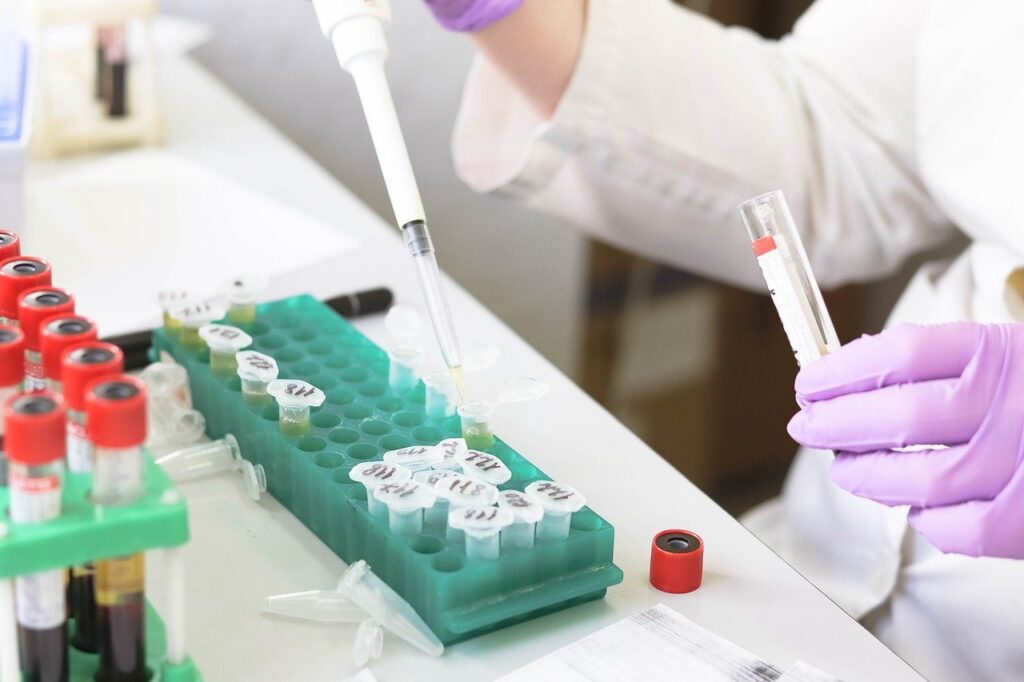According to an article published over at Healio, a recent study has identified six biomarkers in rheumatoid arthritis patients that could predict cardiovascular disease. Prior research has demonstrated that people living with this disease have higher rates of cardiovascular illness, but the science on why that’s the case is far from settled.
The Study
The research team looked at data from 109 people living with rheumatoid arthritis. These individuals did not have any known cardiovascular disease. A total of 24 biomarkers in these patients were assessed at the beginning of the study and again 24 weeks later. Six of these biomarkers were associated with arterial inflammation as measured by arterial target to background ratio. The biomarkers identified in the study include:
- C-reactive protein
- Osteoprotegerin
- Serum amyloid A
- Adiponectin
- Soluble tumor necrosis factor receptor 1
- Chitinase-3-like protein 1 (YLK-40)
These biomarkers were identified through 18F-fluorodeoxyglucose (FDG) PET/CT scans. The research team highlighted that while the study has identified possible biomarkers, more research is necessary in order to demonstrate the association. This will mean studies with a larger number of patients, including patients with confirmed symptoms of cardiovascular disease or events. From here, the team hopes to be able to identify which rheumatoid arthritis patients should undergo risk mitigation strategies.
You can check out the original study, which was published in the Journal of the American Heart Association, by clicking here.
About Rheumatoid Arthritis
Rheumatoid arthritis is a chronic autoimmune disease that affects the joints. The cause of this inflammatory disease remains unclear and is believed to result from a variety of environmental and genetic factors; however, the autoimmune mechanism is the result of the immune system attacking the joints. Risk factors include family history, silica exposure, and smoking. The joints of the wrists and hands are most frequently affected, and this most typically occurs on both sides of the body. Symptoms include warm, swollen, stiff, and painful joints. In more serious cases other body systems may be affected and can inflict symptoms such as rheumatoid nodules on the skin, vasculitis, lung fibrosis, osteoporosis, infections, fatigue, depression, anemia, and heart disease. Treatments may include medications to manage pain, rituximab, methotrexate, TNF inhibitors, and leflunomide. To learn more about rheumatoid arthritis, click here.








